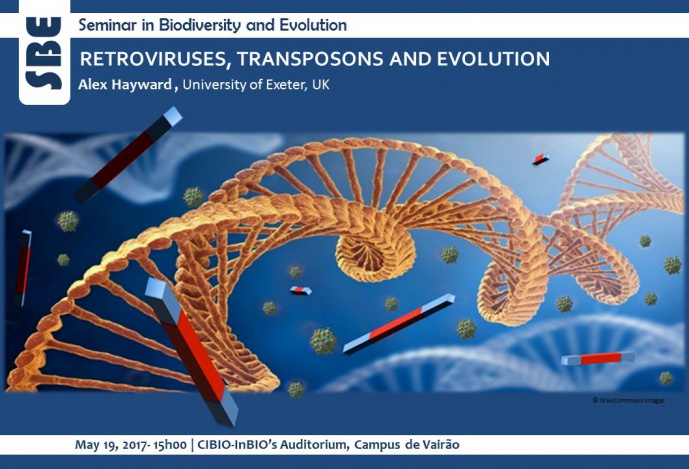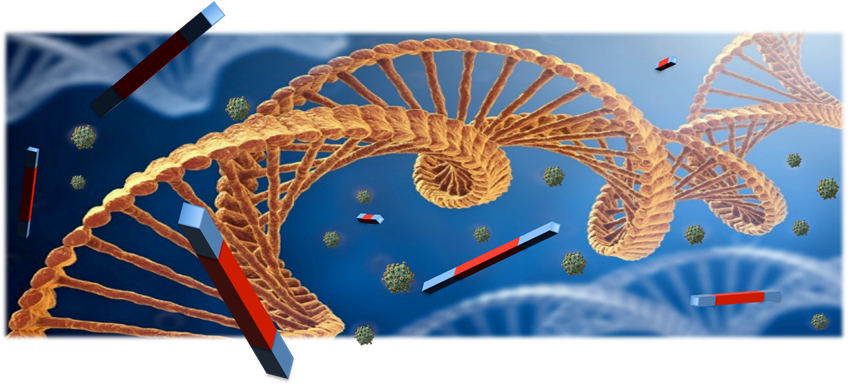RETROVIRUSES, TRANSPOSONS AND EVOLUTION


Since the onset of the genomics era, it has become apparent that mobile genetic elements comprise large proportions of many eukaryote genomes. Two important groups of mobile genetic element are retroviral sequences and transposons. By harnessing the untapped potential of massive genomic datasets, we can now address fundamental unanswered questions relating to the evolution and significance of mobile genetic elements. These include the evolutionary dynamics that underpin their transmission and proliferation, their impact on host evolution via contribution of coding and regulatory sequences, and their influence on major evolutionary processes such as speciation. In this talk I will discuss my recent work on vertebrate retroviral sequences, and a new project on transposable elements using butterflies as a model system.
Alex Hayward is fascinated by biodiversity and the forces that structure it. A large proportion of species are parasitic, and a strong focus of his research is on host-parasite interactions. Key topics concern antagonistic coevolution, the factors that influence host specificity, and the assembly of ecological communities. For this, Alex examines a wide range of systems from across taxonomic diversity, including viruses, transposons, arthropods, and helminth worms.
[Host: Martim Melo, Population Genetics, Hybridization and Speciation]
Image credits: WikiCommons images